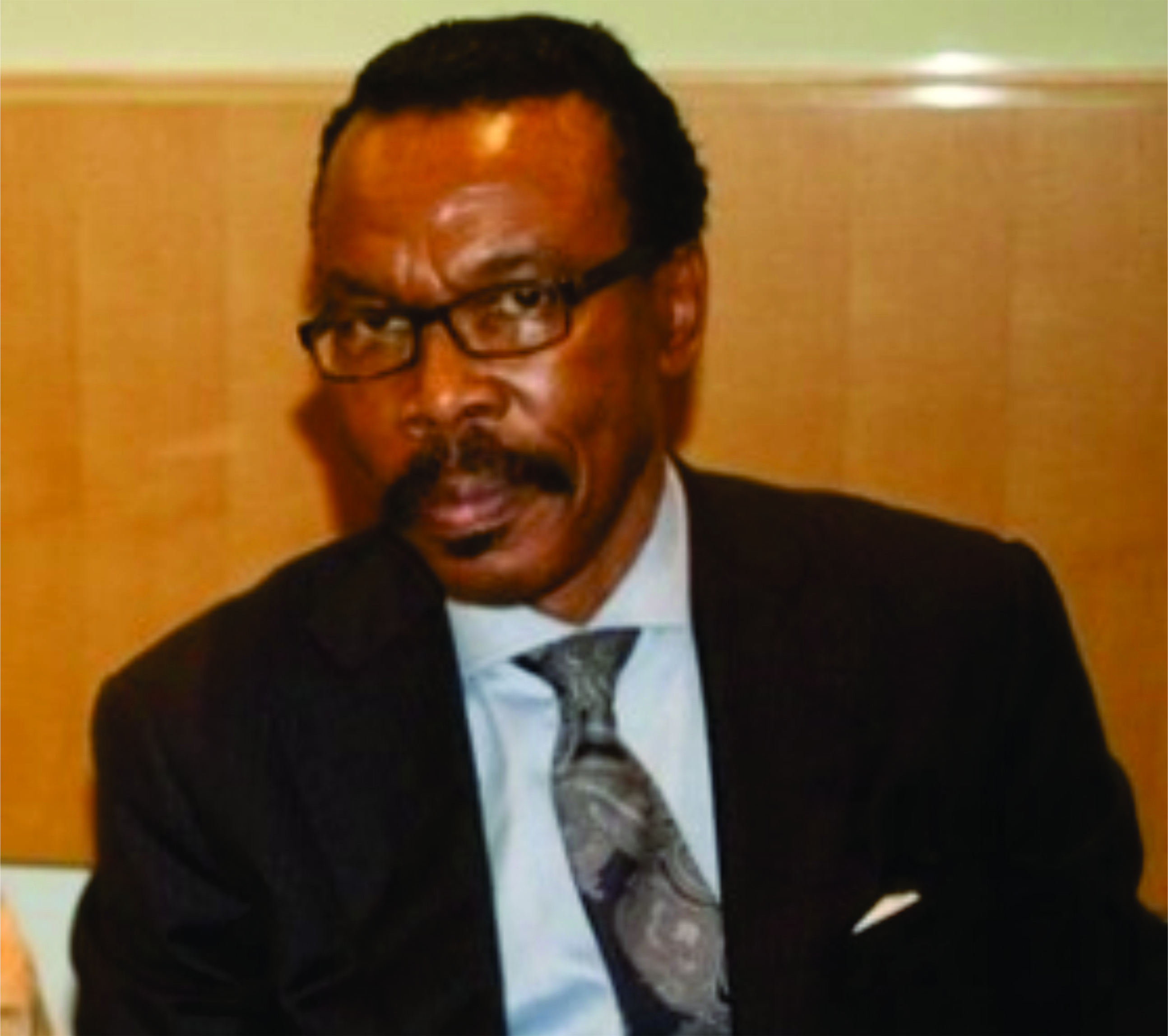By Odunewu Segun
Financial analysts have expressed their reservations over naira’s artificial value boosted by Central Bank of Nigeria’s forex interventions, arguing that foreign investments would only return to Nigeria once the market determines true value of the Naira.
According to the MD/CEO of Financial Derivatives Consultancy, Bismarck Rewane, of particular concern was the use of foreign reserves to shore up the naira.
“We are using up in six weeks what we ought to use for six months. This is not sustainable,” he said, urging the CBN “to move towards a market-driven” forex market.
Also, Gene Leon, the International Monetary Fund (IMF) mission chief for Nigeria said the IMF sees a need for a foreign exchange adjustment, in a bid avoid a disorderly depreciation of the naira. “We do find there to be some over-valuation at this point of the naira, of the official currency, somewhere to the tune of 10 to 20 percent.”
ALSO SEE: CBN’s forex regime creating more crisis for Buhari
However, the Director-General of the Lagos Chamber of Commerce and Industry, Muda Yusuf holds a contrary belief. He said businesses had greeted the move by the Central Bank of Nigeria. “Gradually investors’ confidence is returning to the economy,” he said. But he also expressed concern about whether the policy was sustainable.
“The CBN should further liberalise the FX market to allow for other inflows of forex. If the current supply source dries up, we may be back to zero,” he added.
Since mid-February, the CBN has been pumping dollars into the market to strengthen the naira and bridge the gap between official and black market rates.
Official data show some $2.5 billion have been sold to end users, causing the local currency to rally to 380 on the open market as of Thursday, compared with a previous dollar high of around 520.
This week it directed commercial banks to sell at 360 compared with the previous rate of 375, to forex users wanting to pay overseas school fees, medical bills and other “invisibles”.

 Football5 days ago
Football5 days ago
 Aviation1 week ago
Aviation1 week ago
 Aviation6 days ago
Aviation6 days ago
 Featured3 days ago
Featured3 days ago
 Comments and Issues5 days ago
Comments and Issues5 days ago
 Education4 days ago
Education4 days ago
 Business4 days ago
Business4 days ago
 Education6 days ago
Education6 days ago







